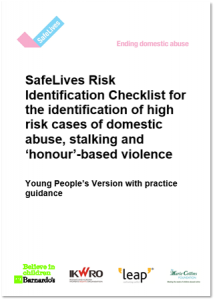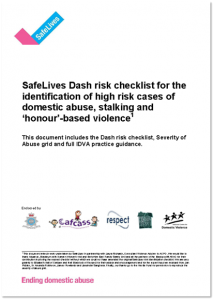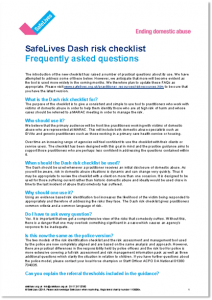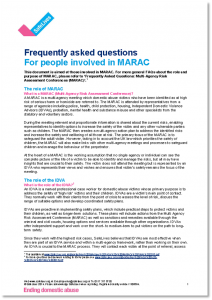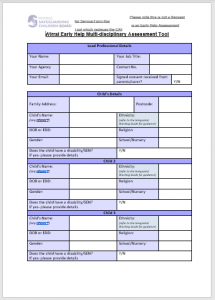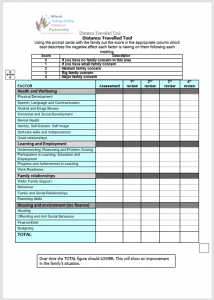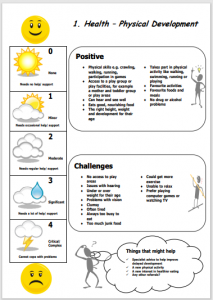Tools for Professionals
1. Graded Care Profile 2
What is it?
The Graded Care Profile 2 is a tool designed to provide an objective measure of the care of children who are, or maybe suffering from neglect. It is primarily based on the qualitative measure of the commitment shown by parents or carers in meeting their children’s developmental needs.
The Graded Care Profile 2 has been designed and developed by Dr O Prakash Srivastava a Community Paediatrician. The GCP2 is based on a children’s developmental needs perspective and seeks to measure compliance and commitment to meeting those needs.
The tool has been reviewed and updated and the NSPCC undertook a national evaluation of the tool and found that it was a useful tool and suggested some modifications to enhance it. These modifications resulted in the Graded Care Profile 2.
To read more about the tool click here
The GCP2 assessment can only be used by professionals who have attended the training. To find a training event for the GCP2 or Neglect Awareness: https://www.wirralsafeguarding.co.uk/virtual-training-provision/
2. Domestic Abuse Stalking Honour Risk Indicator Checklist (DASH RIC)
What is it?
The DASH RIC Checklist is a simple to use tool for all practitioners who work with victims of domestic abuse in order to help them identify those who are at high risk of harm and whose cases should be referred to a MARAC meeting in order to manage the risk.
The DASH should be initially used whenever a practitioner receives an initial disclosure of domestic abuse, and it can then be used again to help evidence changing risk over time.
The DASH has been refined over time and it draws on a deep evidence base of thousands of domestic abuse cases which involved homicide, serious violence and ‘near misses’. Its evidence base means that DASH provides an effective common tool and a shared understanding of risk for all agencies.
Tool and Useful Documents
DASH Checklist:
DASH including Stalking and Harrassment questions_
DASH – Young People’s Version:
DASH – Checklist for IDVA’s:
Frequently Asked Questions (FAQ’s):
FAQ’s for People Involved in MARAC:
Training and Further Information
WSCP Multi-agency Domestic Abuse Training
WSCP Domestic Abuse Page for Professionals
Its Never Ok Wirral Domestic Abuse Website
Safelives website (publishers of the DASH)
3. The EHAT (Early Help Assessment Tool)
Early Help provision is being relaunched and so some changes may occur. Please keep checking for new processes.
Early Help means taking action to support a child, young person or their family as soon as a problem emerges. It can be required at any stage in a child’s life, from pre-birth to adolescence, and applies to any problem or need that the family can’t deal with alone.
Early Help means better outcomes for children and families. Effective Early Help will resolve problems before they become overwhelming and require high cost, reactive services. Early Help enables children to be ready for school and more likely to achieve their full potential.
To find out more about Early Help: https://www.wirralsafeguarding.co.uk/professionals/what-is-early-help/
The EHAT (Early Help Assessment Tool) allows professionals to identify the key support needed within a family and signpost appropriately.
To access the form click on the picture below:
The distance travelled tool is to assist professionals and parents/carers identify areas of support needed, and measure change.
The distance travelled tool guidance is a visual tool to assist completion of the distance travelled tool.
Once a TAF has been initiated the Lead Professional can use the template below to record the TAF meetings:

